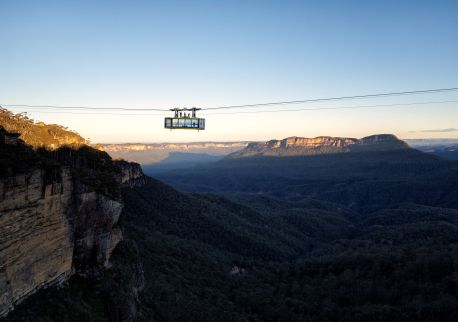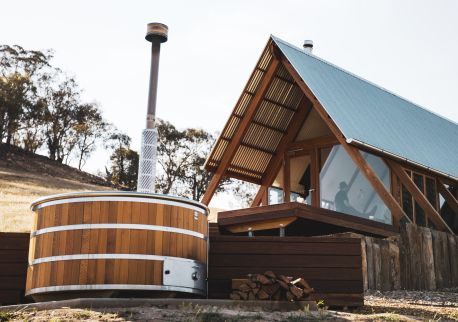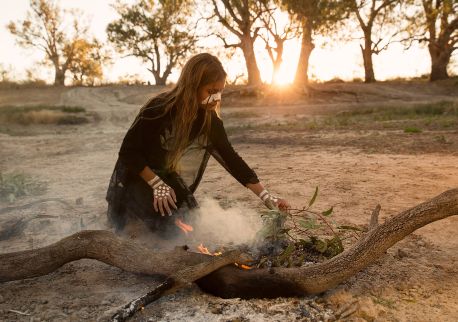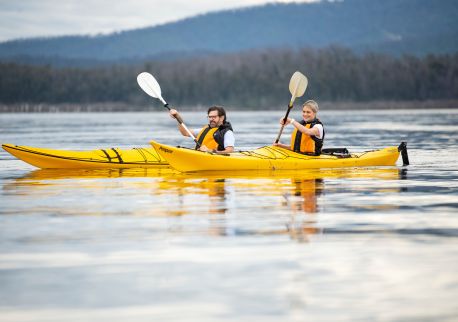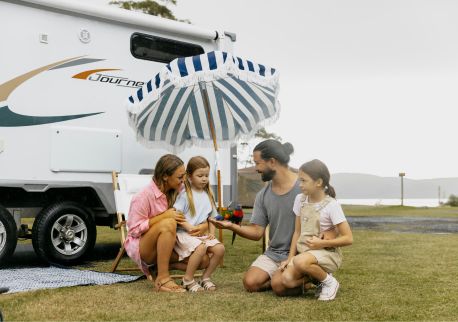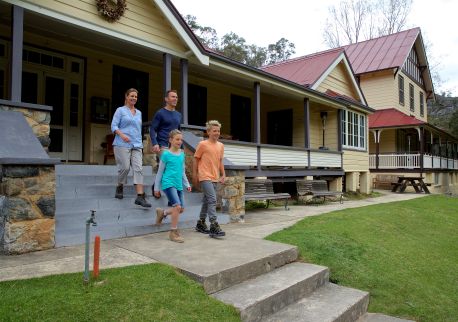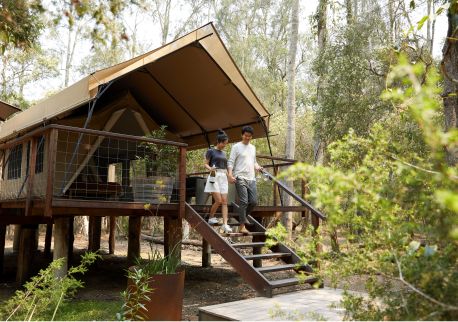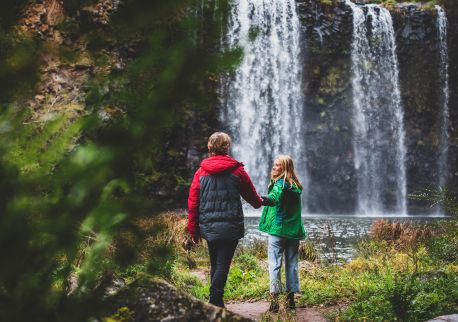Interactive Tour (Private Tour)
Overview
The Interactive Tour is a captivating, fully guided and private, 45-minute adventure that allows you to forge a special connection with our alpacas and llamas.
After meeting your alpaca or llama, embark on a brief stroll to a picturesque farm location, where you’ll have the opportunity to shower your alpaca or llama with affectionate pats and cuddles while soaking in the breathtaking scenery.
This enchanting experience ensures plenty of moments for you to capture heartwarming photos, creating lasting memories of your encounter with the alpaca or llama of your dreams!

